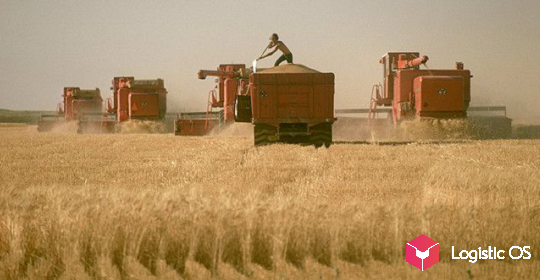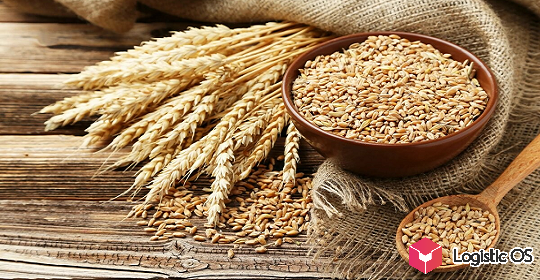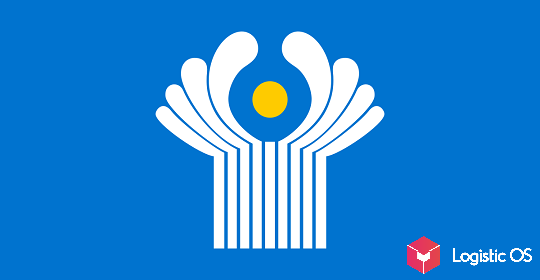In July 2020, grain exports from Russia may drop to the level of 2017.
There are several reasons for this:
first , the harvest campaign started very late. If last year the start fell on the twenties of June, then this year — only at the beginning of July.
Secondly , a strong drop in yields in the southern regions affects: for example, wheat yields in the Rostov region have decreased by 2%, in the Stavropol Territory — by 18%, and the Krasnodar Territory lags behind by almost 25% (by data of the company Sovecon ).
Thirdly , farmers are holding back grain for now, because stocks are minimal: now they are at the level of 18.6 million tons — the lowest in the last 7 years.
Grain prices in Turkey have a separate impact on the value of exports — they are lower than Russian quotations. The price of Russian wheat with a protein content of 12.5% last week rose from 202 to 208.5 dollars per ton (FOB).
A similar situation has developed in the domestic Russian market: over the past two weeks, quotations have increased from 12.5 to 13.8 thousand rubles per ton.
Against this background, the forecast for grain exports in July is as follows: about 3 million tons, of which 2.2 million tons will be wheat.
The situation with late harvesting is clearly visible on the data of the analytical platform Logistic OS :
for the week from 13-19 July 2020, for example, 333,200 tons of Russian wheat were shipped through the Novorossiysk grain terminals, which is 55% more than in the same week last of the year.
At the same time, in the previous week, from July 6 to 12, 2020, 143,200 tons of wheat were shipped — 41% less than in the same period last year.
Although, in principle, the overall lag in shipments is already global and it is becoming very difficult to catch up with the results of last year.

But, with all this, forecasts that by 2028 Russia will control 20% of grain exports in the world are not only not decreasing, but even more worried by foreign analysts.
The National Interest, in a recent article, for example, looked at Russia’s growing influence on world imports.
And in connection with global warming, according to the publication, it may become an even more powerful «grain power», which will make other countries more vulnerable and dependent on Russian policy, which are «tied» to the supply of its wheat.
For example, when Russia introduced quotas against the backdrop of the Covid-19 pandemic, some countries, in particular Turkey, Bangladesh and Egypt, had to urgently look for new suppliers.
Western experts worry that Russia may use supply restrictions as an element of political pressure.
The situation with the introduction of quotas can be perceived in different ways, and not all the subtleties in this matter have yet been worked out.
But, in any case, issues of ensuring food security are the main task of the state.
And on July 11, 2020, the Russian Government issued Resolution , according to which, in certain cases, grain from the state fund will be sold at a price lower than the purchase price.
The minimum price will be determined by the indicator, the formula of which is established by the decree, and the difference to the agent (now the United Grain Company JSC) will be reimbursed by the state.
For the first time, procurement and commodity interventions were introduced in Russia 19 years ago, and so far the state is not going to abandon them, since it can thereby stabilize prices and support agricultural producers.

